Description
In the 16th century, the beginning of African enslavement in the Americas until the ratification of the Thirteenth Amendment and emancipation in 1865, Africans were hunted like animals, captured, sold, tortured, and raped. They experienced the worst kind of physical, emotional, psychological, and spiritual abuse. Given such history, isn’t it likely that many of the enslaved were severely traumatized? And did the trauma and the effects of such horrific abuse end with the abolition of slavery?
Emancipation was followed by one hundred more years of institutionalized subjugation through the enactment of Black Codes and Jim Crow laws, peonage, convict leasing, domestic terrorism and lynching. Today the violations continue, and when combined with the crimes of the past, they result in yet unmeasured injury. What do repeated traumas, endured generation after generation by a people produce? What impact have these ordeals had on African Americans today?
Dr. Joy DeGruy, answers these questions and more. With over thirty years of practical experience as a professional in the mental health field, Dr. DeGruy encourages African Americans to view their attitudes, assumptions, and behaviors through the lens of history and so gain a greater understanding of how centuries of slavery and oppression have impacted people of African descent in America.
Post Traumatic Slave Syndrome helps to lay the necessary foundation to ensure the well-being and sustained health of future generations and provides a rare glimpse into the evolution of society’s beliefs, feelings, attitudes and behavior concerning race in America.
“Dr. Joy DeGruy’s Post Traumatic Slave Syndrome: America’s Legacy of Enduring Injury and Healing is a masterwork. Her deep understanding, critical analysis, and determination to illuminate core truths are essential to addressing the long-lived devastation of slavery. Her book is the balm we need to heal our selves and our relationships. It is a gi of wholeness.”
–Susan Taylor, editorial director, Essence
“Dr. Joy DeGruy is a priceless asset to us all. She has li ed the bandages from the four hundred-year-old abscess of slavery that remains unhealed. Many black and white Americans have been taught that slavery ended
by legislative means in 1865–so the issue is neatly sidestepped in school curricula, print and broadcast media. However, the hallmark of classroom teaching and responsible journalism must be proper context–for full understanding. e removal of the slave shackle is important, but what about the emotional damage su ered by the enslaved?”
“Dr. DeGruy has raised this argument brilliantly, for years lecturing far and wide. Her many appearances on my program, Like It Is, have evoked huge audience reactions from our viewers. Many have told me how coming to understand Dr. DeGruy’s message on Post Traumatic Slave Syndrome has helped them grapple with the multiplicity of problems today. I share those feelings of my viewers.”
“Now Dr. DeGruy has set down her highly important message/thesis in print. And so, to quote this wondrous physician, Let the healing begin.”
–Gil Noble, producer and host, Like It Is, WABC
“Dr. DeGruy’s book is seminal research in the eld of di erential cross- cultural diagnosis for mental health. Cultural Competence is a requirement for mental health and behavioral science workers. is text is required reading for all learners and practitioners. It is a vast reservoir of the how, why what, when, and where for much of the enduring injury and psychic pain of African Americans. is text moves us beyond de cit modeling and pathology; it opens a window to innovative models for healing in our multi-ethnic, pluralistic and linguistically diverse society.”
–Edwin J. Nichols, Ph.D, Clinical/industrial psychologist
“At last, the book that all people who are truly interested in understanding the lingering psychological and social impact of enslavement on Africans and Europeans has arrived. It is no exaggeration to say that Dr. DeGruy’s Post Traumatic Slave Syndrome will mark a milestone in the understanding of the relationship between racism and slavery. Read this book again and again and then give it to your friends, family and colleagues who want to understand how the ghost of slavery haunts us all.”
–Dr. Ray Winbush, Institute for Urban Research, Morgan State University
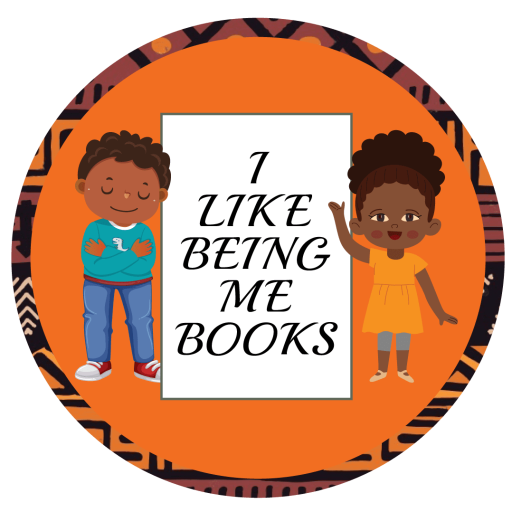
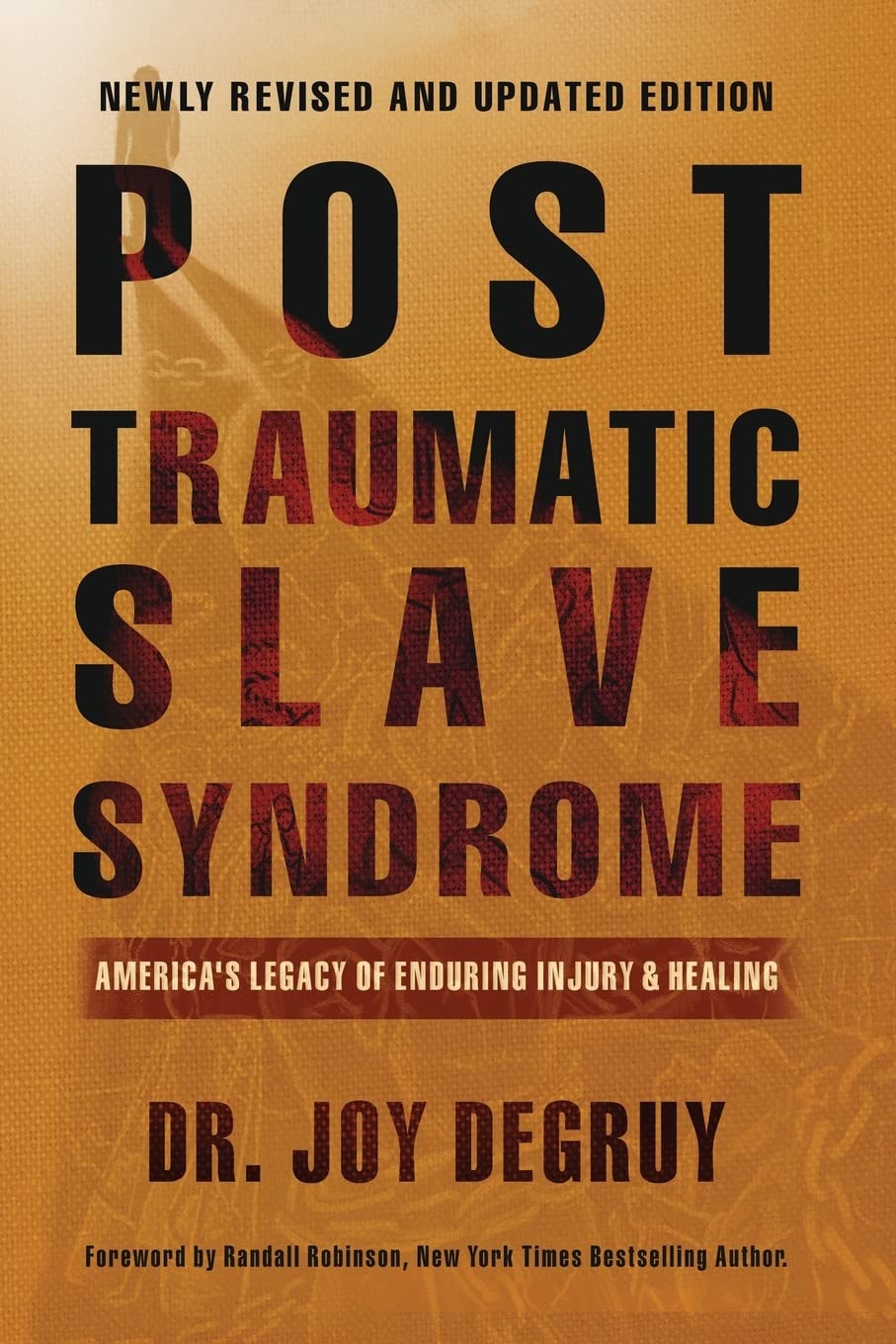
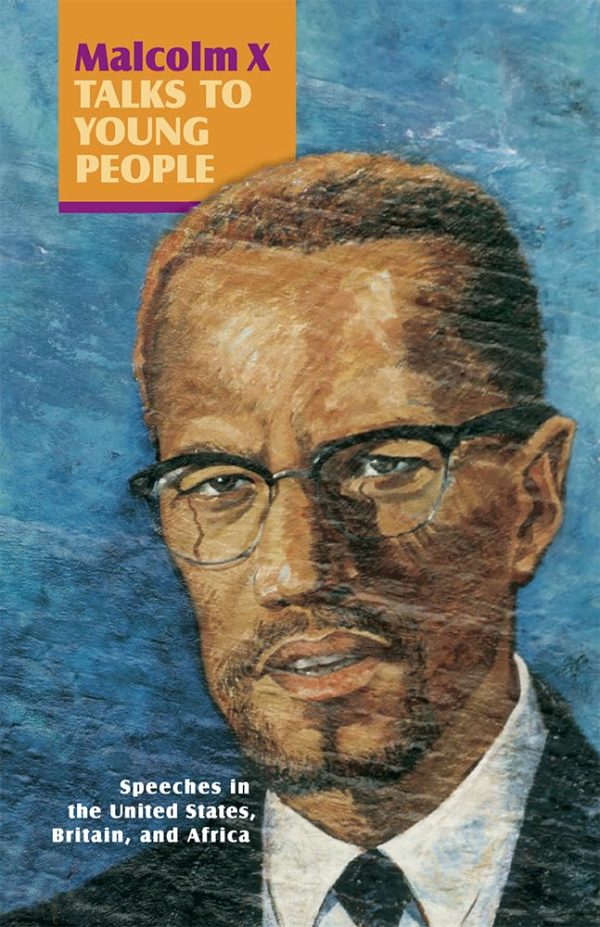

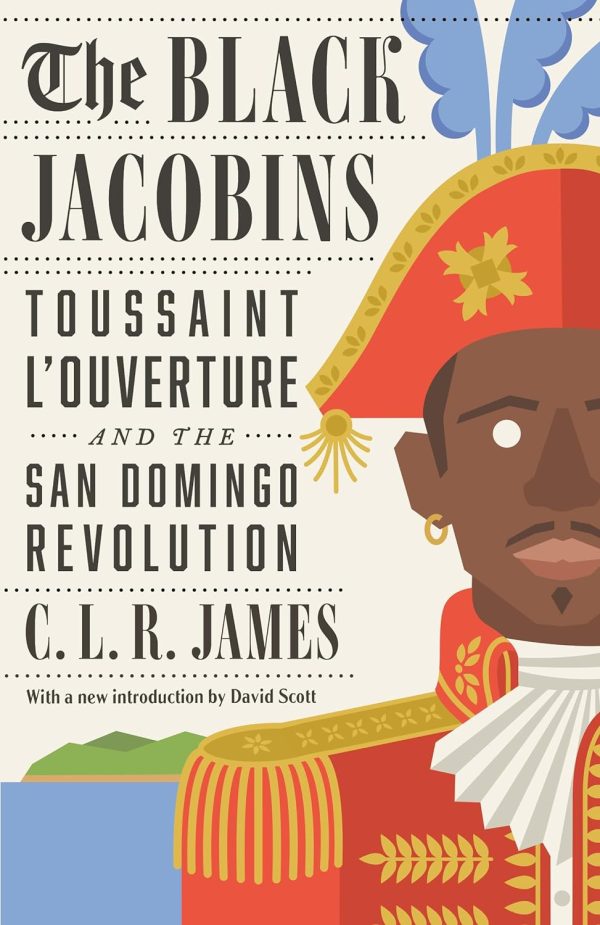
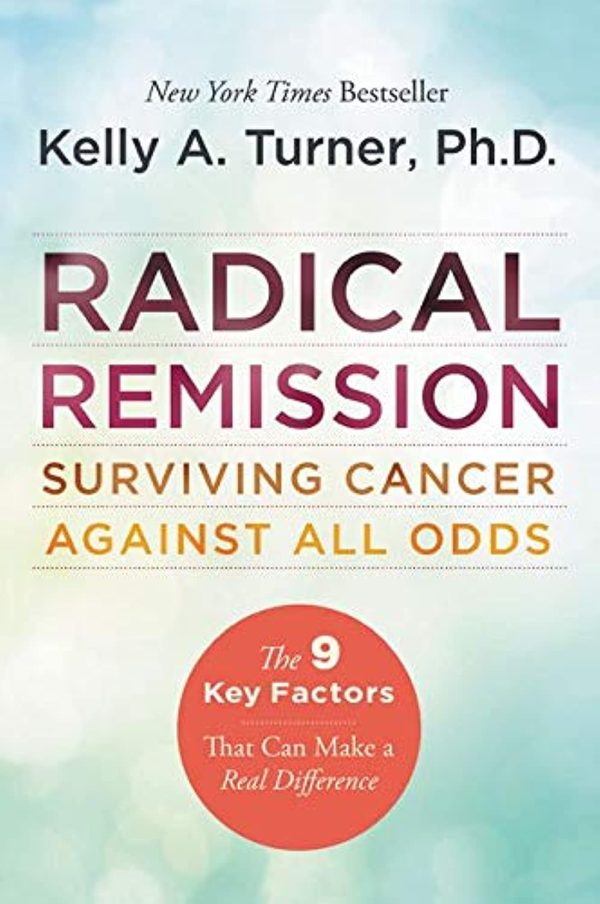
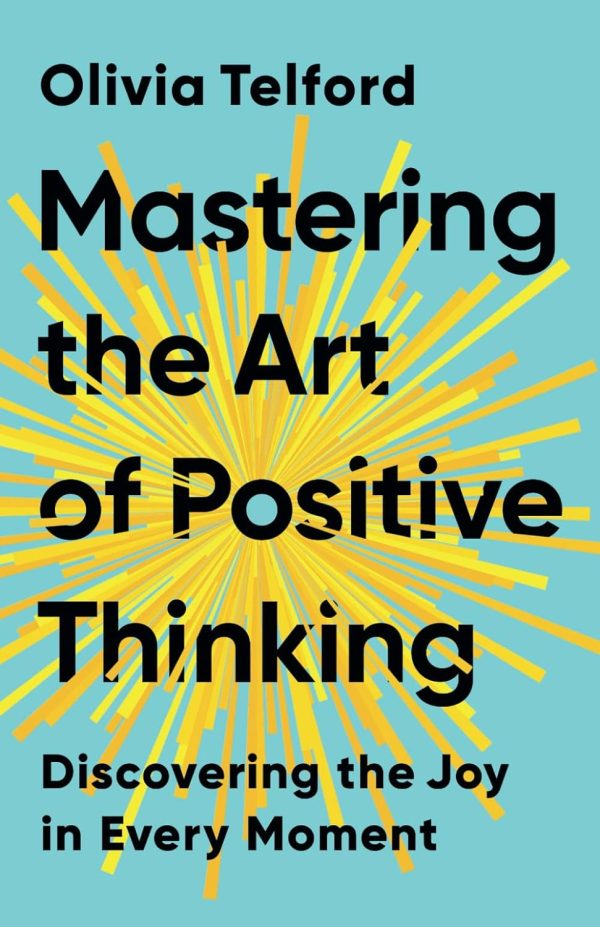

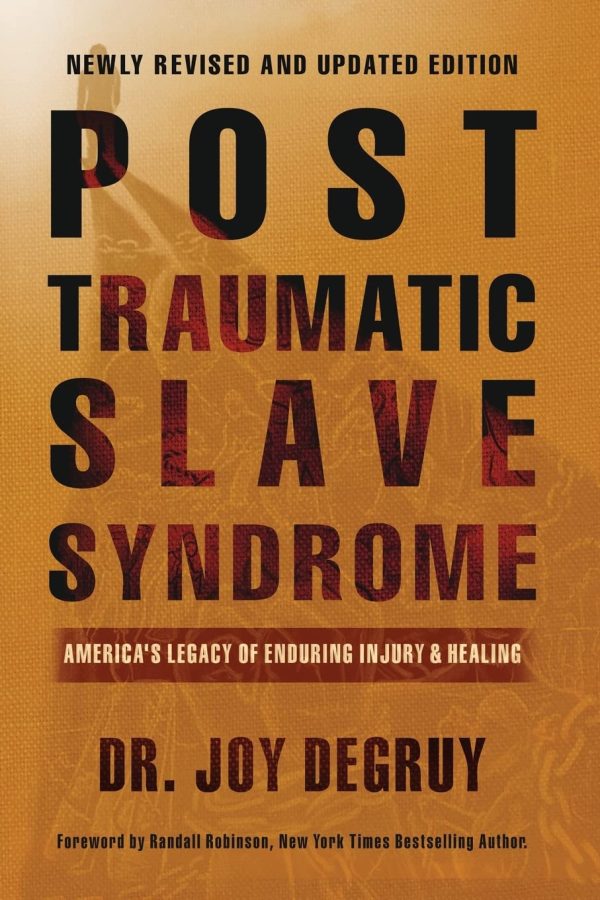
Reviews
There are no reviews yet.